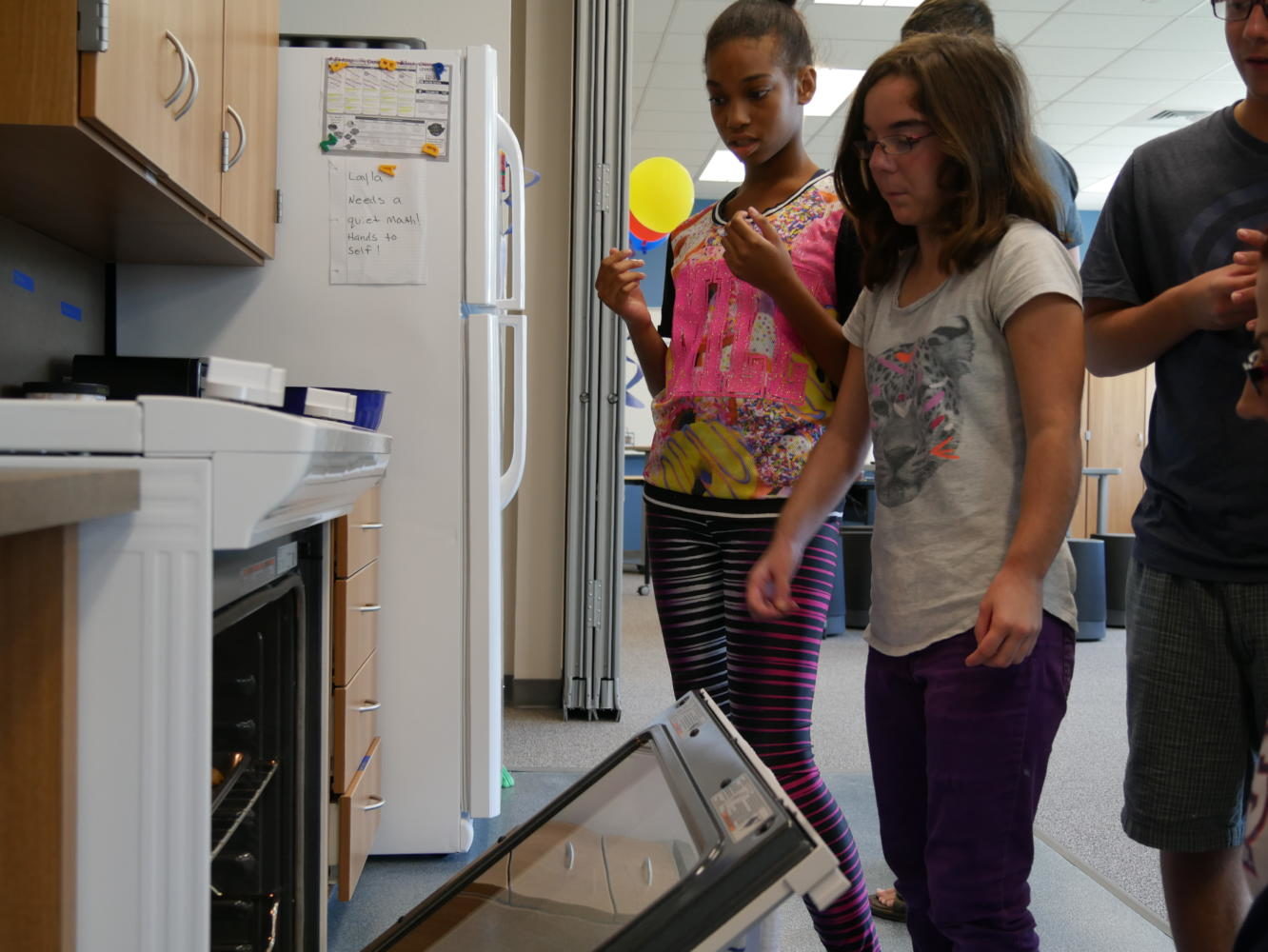Hands on learning
Students learn life skills in class, get paid for work
When someone looks at the Union, they often notice the spotless tables, clean floors and window sills. Most students assume that the custodial staff are the ones who help keep our school clean. However, sometimes there are students that tidy the building — for a profit.
According to ICAP teacher Jimmy Thomas, his students are offered $3.20 a day for doing various jobs around campus. Tasks include recycling, filling up printers and putting the letters in the school sign. The money can be used at the school store, on class community dining and school purchases such as yearbooks.
“They work, write the job into their ledger and at the end of the month, receive a district check,” Thomas said. “Once checks are cashed, students decide if we go grocery shopping or to a restaurant to eat lunch. Students always get and save receipts so that they can budget their account.”
The students are able to earn up to $64 a month for completing their tasks.
“On a Friday, we go out into the community to shop and eat lunch,” Thomas said. “Before we leave, they all have a non-paid job to complete in the classroom. These jobs help students build skills so they can become more independent and prepared for post high school life.”
Core classes like math, English, science and social studies are still taught with adjusted TEKS. In these job-skill classes, students spend time researching jobs, resume skills, personal information and interview skills. Other classes in ICAP teach self-care skills such as cooking, laundry and hygiene.
“I like helping around the school,” sophomore Jon-David Duenas said. “I mean, the reason why is to just to get me out to exercise.”
This program is known to help its students manage money, give themselves a budget and help them learn more about life after school.
“It’s a great program,” Thomas said. “I’d like to see a little more job skill-based learning like a garden that students can manage and raise class money from the produce grown. It’s extremely important to learn about money transactions, time and scheduling.”
The students enjoy the work that they do and the excursions they have outside of school.
“I like helping out around the school,” sophomore Thomas Felkins said. “[School is] a nice place.”


